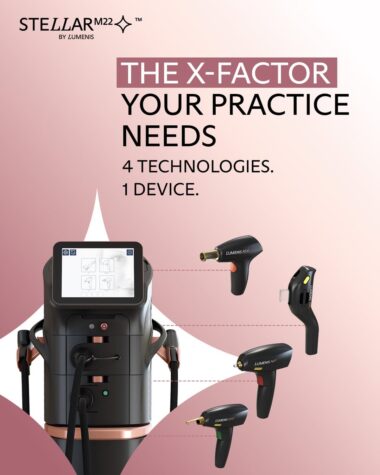At a time of chronic health workforce shortages across Australia, a new survey has revealed that four out of five highly-qualified registered and enrolled primary health care nurses in GP clinics are being forced to undertake a long-list of non-clinical, administrative work, instead of giving people the medical care they need in the community.
The national survey, conducted by the Australian Primary Health Care Nurses Association (APNA), found that highly-skilled nurses with an average of over 21 years’ experience, are being prevented from providing vital clinical work such as women’s health assessments, diabetes and arthritis education but are instead regularly working on the ‘front desk’ of primary health clinics.
The APNA survey found that nurses in GP clinics were severely-underutilised and undertaking non-clinical work that less-qualified staff could do, including:
- 68.8% doing recalls and/or patient appointment reminders
- 32 % stock management and ordering
- 16% working at reception.
This daily, non-clinical work was preventing experienced registered and enrolled nurses from carrying-out vital clinical tasks including, women’s health checks; mental health assessments; suturing; cardiovascular assessments; arthritis education, diabetes education and asthma education.
Commenting on the survey findings, APNA President Karen Booth, said: “It really is a complete waste of time having highly qualified and very experienced registered nurses sitting on the front desk, whilst people are waiting longer and longer to see a doctor.”
“Nurses in the survey told us they are ready, willing and able to do more clinically, and provide the care they’ve been trained to do. New laws will soon allow nurse practitioners (NPs) and endorsed midwives to work to their full set of skills without the need to be over-seen under a collaborative arrangement with a GP, and now it’s time that registered and enrolled nurses are able to do the same.
“This would importantly free-up the largest, clinical workforce in primary health care and make it easier for people to access health care when and where they need it, particularly in rural and remote regions where chronic medical workforce shortages are preventing people from receiving basic health care checks which nurses are trained to deliver.
“Nurses are valued, trusted and skilled but are chronically underutilised at a time of severe workforce shortage. Nurses are here to make Australia healthier and instead are underutilised.”
Comments from nurses in APNA Survey 2023-24:
“There is a lack of understanding about my capabilities and an honoring of them.”
“No time to do what I can do well because I am doing admin tasks.”
“Being able to work more independently within scope of practice (e.g. Ability to do wound care and immunisations with a Medicare item number without GP involvement) – more government funding into primary health.”
“Actually, listening to the concerns/ideas of the frontline staff in regard to patient care &/or running of the service.”
“The system is broken and has been for years. No one cares to listen to us when we say this. Instead, we continue to be over worked and under paid, and poorly supported by management.”
“The ability to work to full capacity with the recognition of the value of this time of work and the remuneration to reflect this would certainly help keep me here.”
“The nurses in primary care esp. GP clinics are collectively getting older, if we are not replaced there will be more and more presentations to A&E with disease or exacerbations/complications that could be well monitored and controlled with more access to care in general practice.” (2023)
State/Territory Statistics: Administrative work vs clinical work nurses want to do:
|
State/Territory |
GP nurses calling patients for recalls/reminders |
GP nurses want to do more |
GP nurses rarely or never do |
|
NSW and ACT |
79.9% |
34.4% women’s health checks/screening |
51.5% women’s health checks/screening |
|
NT and SA |
85.7% |
41.0% want to do more Aboriginal and Torres Strait Islander health assessment. |
46.2% rarely doing Aboriginal and Torres Strait Islander health assessment. |
|
Qld |
87.3% |
33.8% women’s health checks/screening |
51.6% women’s health checks/screening |
|
Tas |
83.3% |
56.5% suturing |
80.4% rarely suturing |
|
Vic |
76.5% |
56.5% suturing |
54.4% rarely or never doing suturing |
|
WA |
85.8% |
37.5% women’s health checks/screening |
55.2% rarely or never do them |
About us:
About the Australian Primary Health Care Nurses Association (APNA)
APNA represents over 96,000 primary health care nurses in Australia working outside of
hospitals, including those employed in general practice, schools, aged care facilities, correctional facilities and in wider community settings.
Contact details:
Media Contact:
Sue Bellino 0400 1888 25

